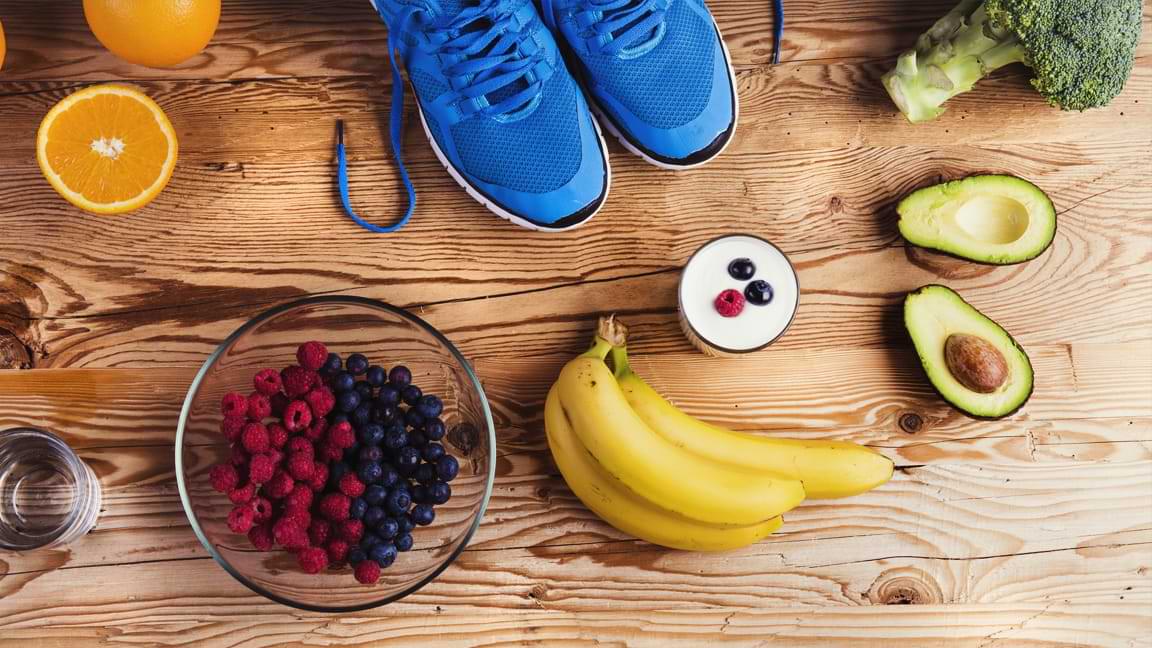Working out regularly is a great way to stay fit and healthy, but have you ever wondered if you are fueling your body properly to get the most out of your workouts? I used to struggle with this myself, but after making some changes to my diet, I have noticed a significant improvement in my performance at the gym. In this blog post, I will share with you some valuable information on nutrition for fitness and how you can make better choices to fuel your workouts right.
First and foremost, it is important to remember that nutrition plays a vital role in both your daily life and your fitness journey. Eating a well-balanced diet can not only provide you with the energy you need to power through your workouts, but it can also aid in muscle recovery and overall performance.
One of the key components of a healthy diet for fitness is macronutrients. These are carbohydrates, proteins, and fats, and they are all essential for optimal performance. Carbohydrates are the body’s primary source of energy and should make up the majority of your caloric intake. Include complex carbohydrates such as whole grains, fruits, and vegetables in your meals, as they provide a steady release of energy to keep you going during your workouts.
Proteins are responsible for repairing and building muscles, so it is crucial to consume enough of them, especially if you engage in resistance training. Great sources of protein include lean meats, fish, eggs, dairy products, legumes, and tofu. Make sure to distribute your protein intake evenly throughout the day to support muscle synthesis.
Fats often get a bad reputation, but they are actually important for a healthy diet. They provide energy, support cell growth, and help absorb certain vitamins. When it comes to fat, focus on consuming unsaturated fats found in nuts, avocados, olive oil, and fatty fish like salmon. These fats are heart-healthy and can positively impact your overall fitness.
In addition to macronutrients, it is essential to pay attention to your micronutrient intake as well. These are the vitamins and minerals that your body needs in smaller quantities but are still vital for various bodily functions. While a balanced diet can generally provide you with these nutrients, it may be worth considering adding a multivitamin or specific supplements if you have any deficiencies or if you’re following a restrictive diet.
Another aspect of nutrition for fitness is pre-workout and post-workout meals. Pre-workout meals should provide you with enough energy to sustain your workout and improve your performance. Aim for a combination of carbohydrates and proteins about one to two hours before exercising. A simple example could be a banana with a tablespoon of peanut butter.
Post-workout meals are crucial for muscle recovery and replenishing glycogen stores. These meals should contain both carbohydrates and proteins to repair and rebuild muscles. Opt for a post-workout snack or meal within 30 to 60 minutes after your workout. Some great options include a protein shake, Greek yogurt with fruit, or a chicken breast with sweet potatoes.
Hydration is also a significant factor in nutrition for fitness. Adequate water intake is essential to maintain optimal performance and prevent dehydration. Hydrate before, during, and after your workouts to ensure that your body functions optimally. Also, consider replacing electrolytes lost during intense workouts by consuming sports drinks or electrolyte-infused water.
One last important point to consider is portion control. While it is crucial to provide your body with proper nutrients, be mindful of portion sizes and listen to your body’s hunger and fullness cues. Overeating, even with healthy foods, can sabotage your fitness goals. Emphasize quality over quantity when it comes to your meals and snacks.
In conclusion, nutrition is a critical aspect of your fitness journey. By including the right balance of macronutrients, focusing on micronutrients, timing your pre and post-workout meals strategically, staying hydrated, and practicing portion control, you can fuel your workouts right and optimize your performance. Remember, nutrition is personal, so listen to your body, experiment, and find what works best for you. Cheers to a healthier and more productive fitness journey!
